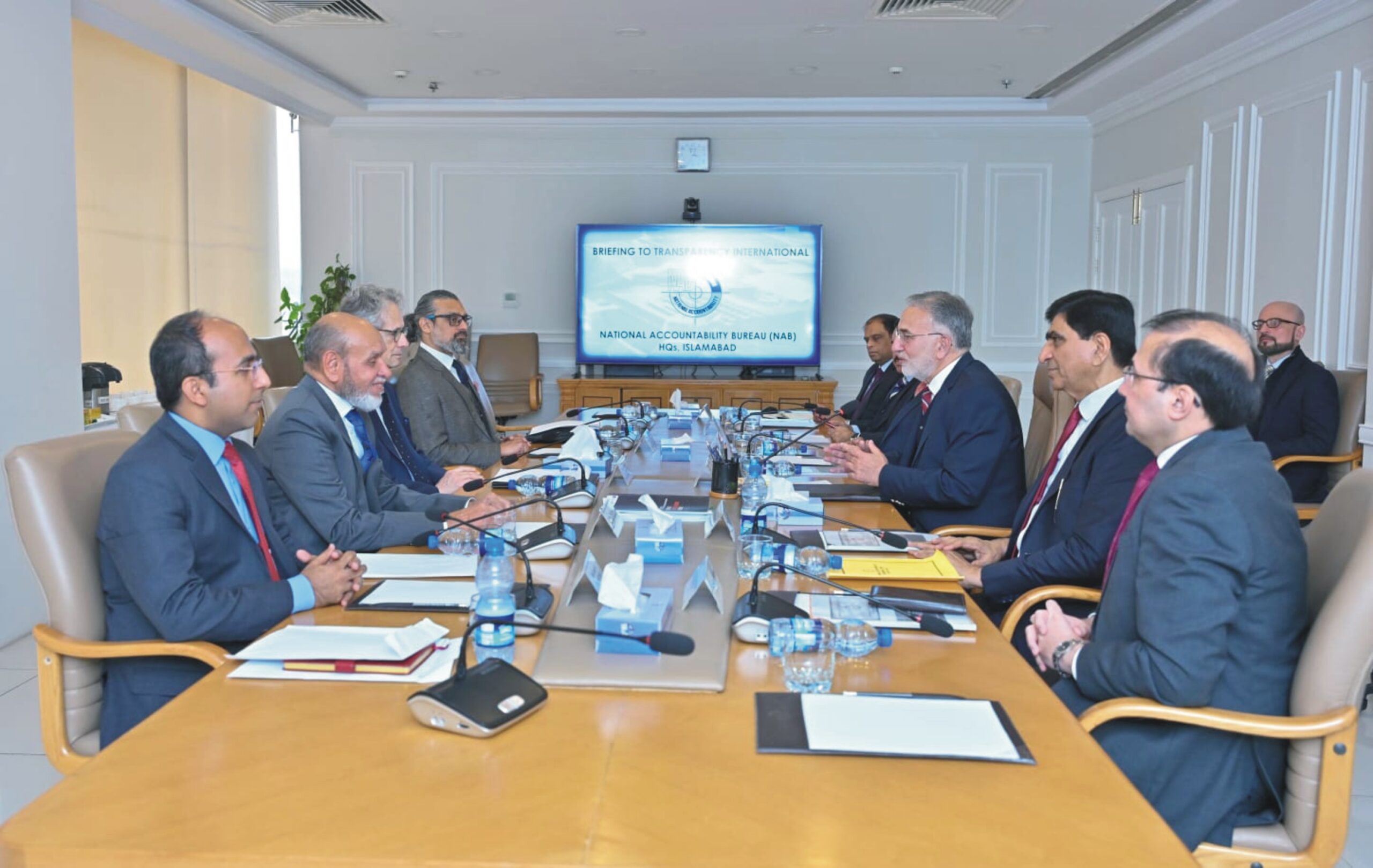 ISLAMABAD :The international credit rating agency Moody’s Wednesday improved its rating for Pakistan’s banking sector saying that the government’s credit profile is stable due to ongoing reforms and increasing policy effectiveness.
ISLAMABAD :The international credit rating agency Moody’s Wednesday improved its rating for Pakistan’s banking sector saying that the government’s credit profile is stable due to ongoing reforms and increasing policy effectiveness.
Given Pakistan’s large unbanked population, Moody’s Investors Service says in a new report that its stable outlook for Pakistan’s banking system reflects banks’ solid funding and liquidity, although a challenging – but improving – operating environment will weigh on asset quality and profitability.
“Despite a difficult environment, the government’s credit profile is stable due to ongoing reforms and increasing policy effectiveness – a positive for the banks given their outsized holdings of Pakistani government debt link their credit profiles to that of the government,” says Constantinos Kypreos, a Moody’s senior vice president.
The report says economic activity would remain below pre-outbreak levels, although the economy should return to modest 1.5% growth in fiscal 2021.
Moody’s expects the slow economic recovery to affect loan quality, with nonperforming loans expected to rise over the coming months from a sector-wide level of 9.9% of gross loans in September 2020.
Banks’ foreign operations, export-oriented industries and companies reliant on government payments and subsidies will be hit hardest, but loan repayment holidays and other government support measures should help contain some risks, the report adds.
Meanwhile, banks’ profitability, which has materially increased during 2020, will come under pressure on lowered margins, higher loan-loss provisions given the challenging operating environment, and subdued business generation.
Still, Pakistan’s economy should return to a modest 1.5% growth in fiscal 2021, while government and central bank responses and reforms will partially soften the pandemic’s impact.
“Deposit-based funding and good liquidity buffers also remain strengths, while the probability of government support in a crisis is high, even if its ability to do so is limited by fiscal challenges,” adds Kypreos.







